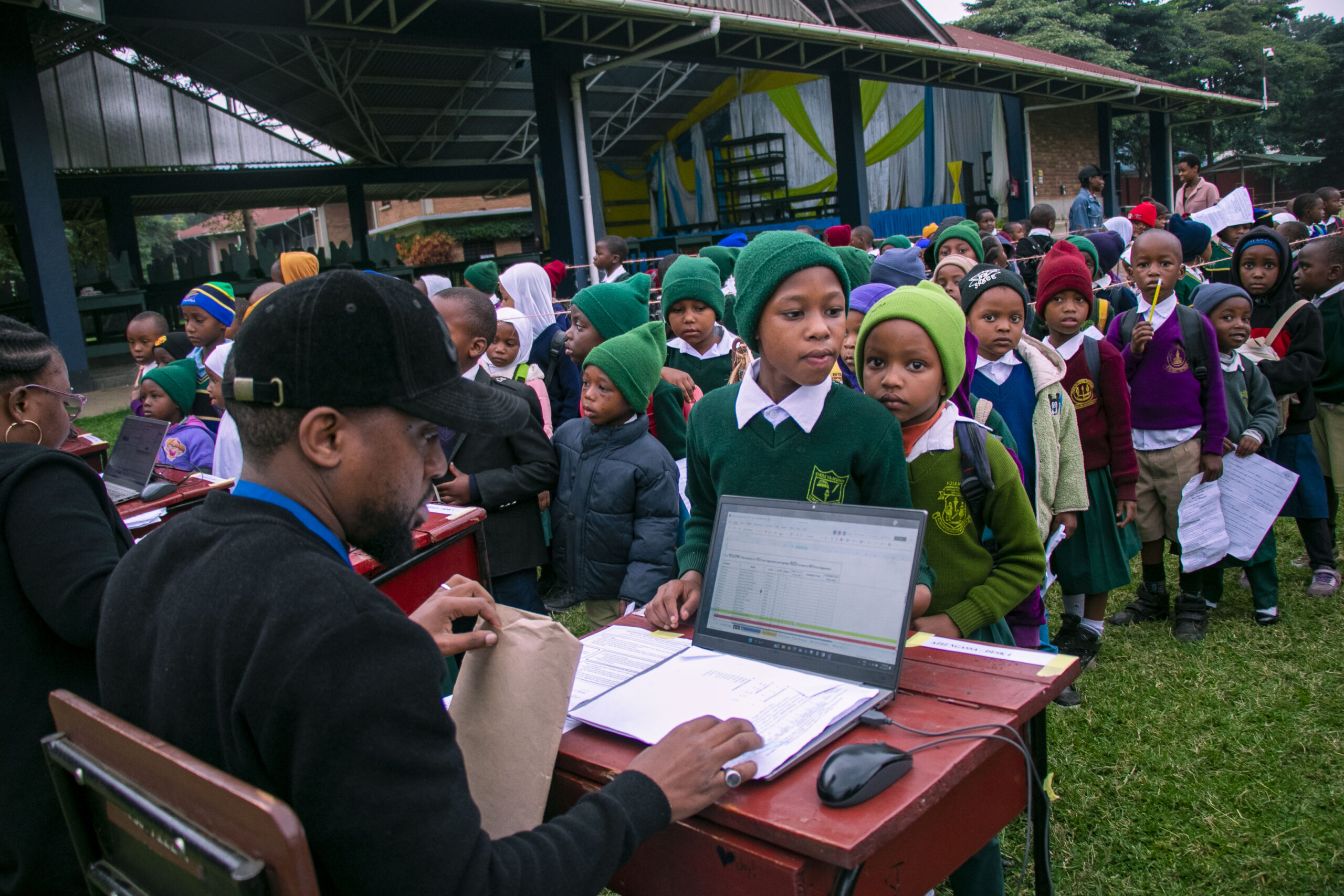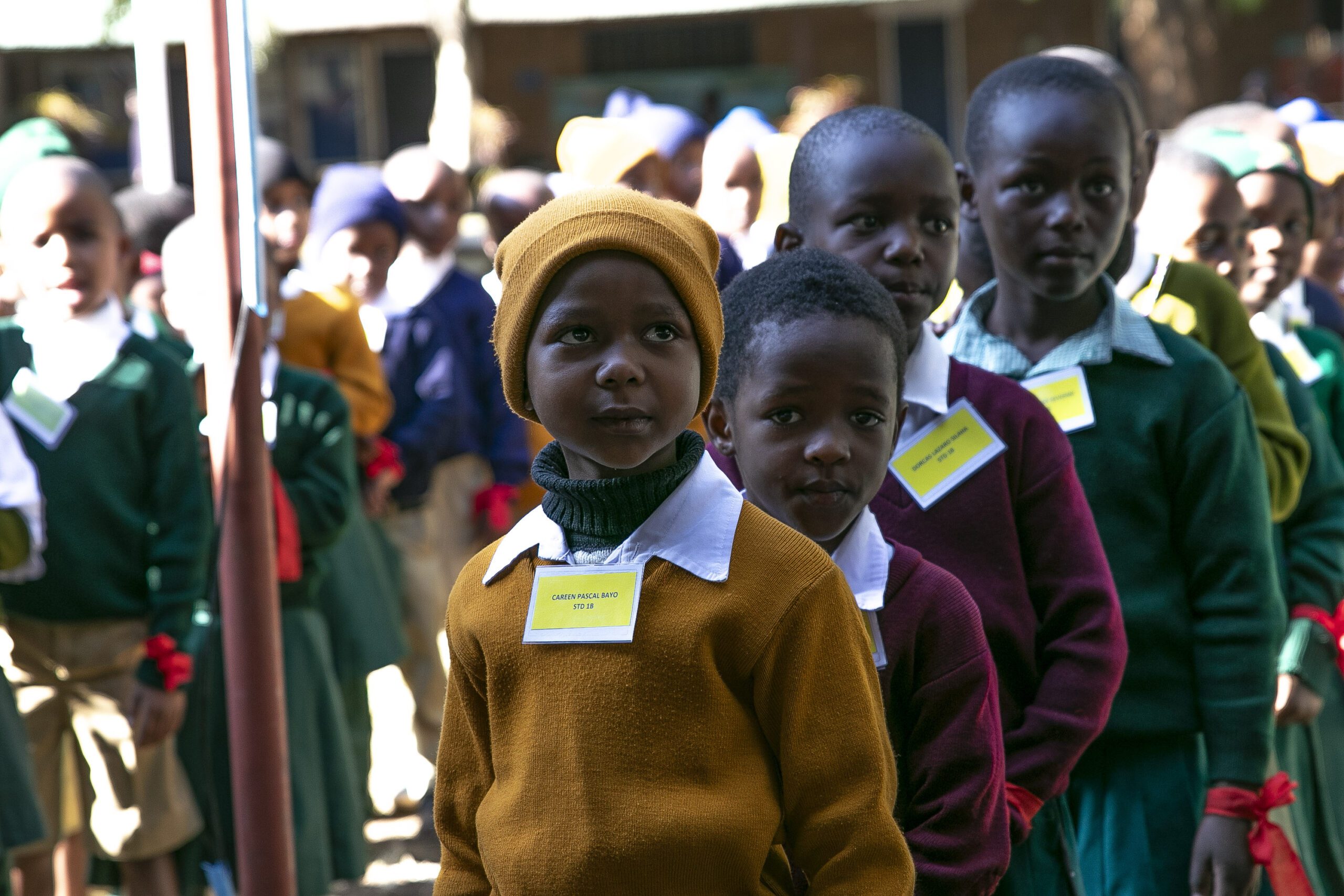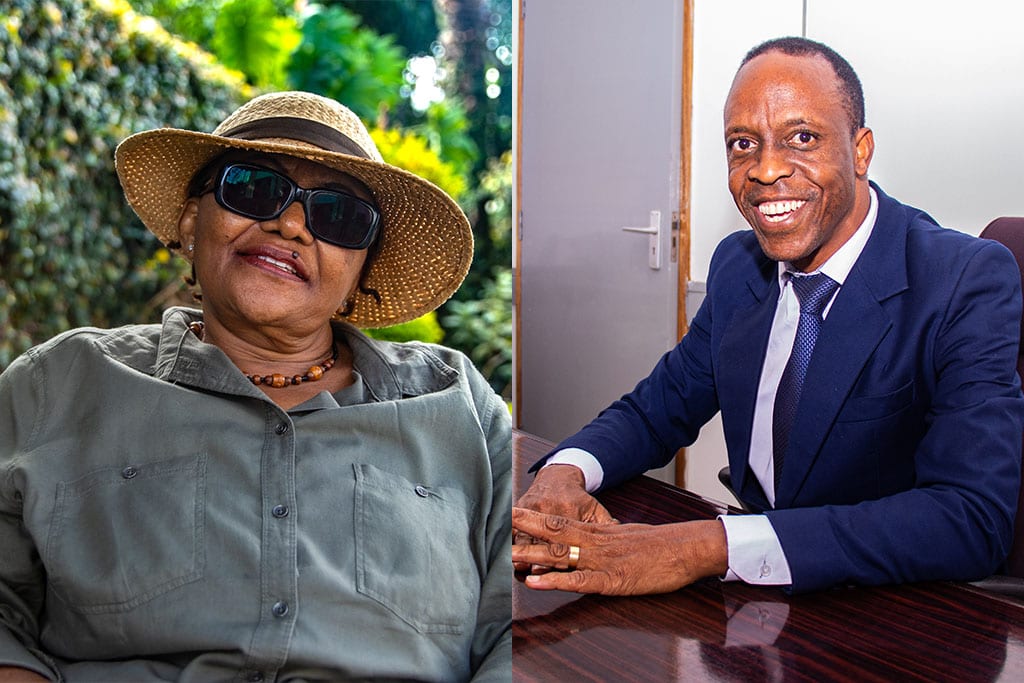“The Book Child”
In the name of my birthright, please do me this justice…
I want to read and write my alphabet of dreams.
The yearning of the Book Child echoes deep in every era.
For every generation’s truth, is the education of its youth.
To stand tall in library queues and read all about life’s hues.
To turn a page without fetter and know the world a bit better.
Because from a reader, comes a leader.
Let us hope –
that the child who tends fields from morn to dusk
be able to smell a book’s sweet musk;
that the child who hasn’t enough money every day
be able to spend their hours in a scholarly way;
that the child who is shut away beyond their control
be proud and present for the class roll;
that the child who feels obstacles sting
be able to hear a school bell ring.
So come, let us help the Book Child in their desire to read.
To learn and to soar in all that they need.
For one day, they’ll leave the [St Jude] school gates with an enormous power to change fates
or to help solve a lifelong mystery
or perhaps even, the chance to write history.
Long live the Book Child!
By Maureen Farah Usman
Copyright 2014
*********
We asked Maureen Farah Usman, creator of the heart-warming and touching poem “The Book Child”, a few questions about her poem and her inspirations.
Maureen is a published author, has won several writing competitions and is currently working on a young adult trilogy series, children's picture books, middle-readers, inspirational poems and some animation ideas.
*****
* Tell us a bit about yourself?
I’m from Australia and work full-time in a Human Resources role which I really enjoy. Writing has been my passion ever since I was a child and I’ve always written poetry in some shape or form. Back in primary school, I remember writing a story and receiving the award for the most creative and imaginative story. I was so chuffed!
I really enjoy writing poetry as it gives you the chance to tell a story with added melody and rhythm. The trick sometimes is to make the poem seem larger than what it really is, or linger far beyond the last line, or perhaps leave the reader wondering or pondering ‘what if’ or ‘what next’. That’s the power of the written word.
* What inspired you to write the poem?
Writing “The Book Child” has been very special to me. People have told me it’s such a beautiful poem, full of emotion and power.
“The Book Child” is an offshoot from an earlier poem I had written a couple of years ago called “The Pen Child”. The theme of that poem is similar in that it is vitally important for a child to be given an education – to be a student of schooling as well as a scholar of life. The idea of “The Book Child” sprouted from this, with a focus on books. Basically, for a child to be provided with their education birthright to help them become a better person and create a better world, to help others and to seek truth in themselves.
It was such an honour to meet Gemma recently and hear all about the wonderful work she and her team are doing at St Jude’s. When Gemma was a guest of the Queensland University of Technology Golden Key Chapter in May 2014, Australia for a fundraising event (Golden Key is an international honour society), I thought it would be a perfect opportunity to commemorate her special visit by presenting a poem about education and literacy, which is what, among other important things, that St Jude stands for.
* What is the main focus of ‘The Book Child?’
The theme of the poem revolves around books; to surpass odds of circumstance and poverty (and hopefully government, structures and systems aid this and make it possible, not abet); for children’s guardians and gatekeepers to ensure they receive an access to education; that education is important for a child’s empowerment, and that access to books is so very special for a child. This is what Gemma’s work stands for and what St Jude strives for. I feel it fits the education theme perfectly and truly defines the message of literacy for children.








Replies